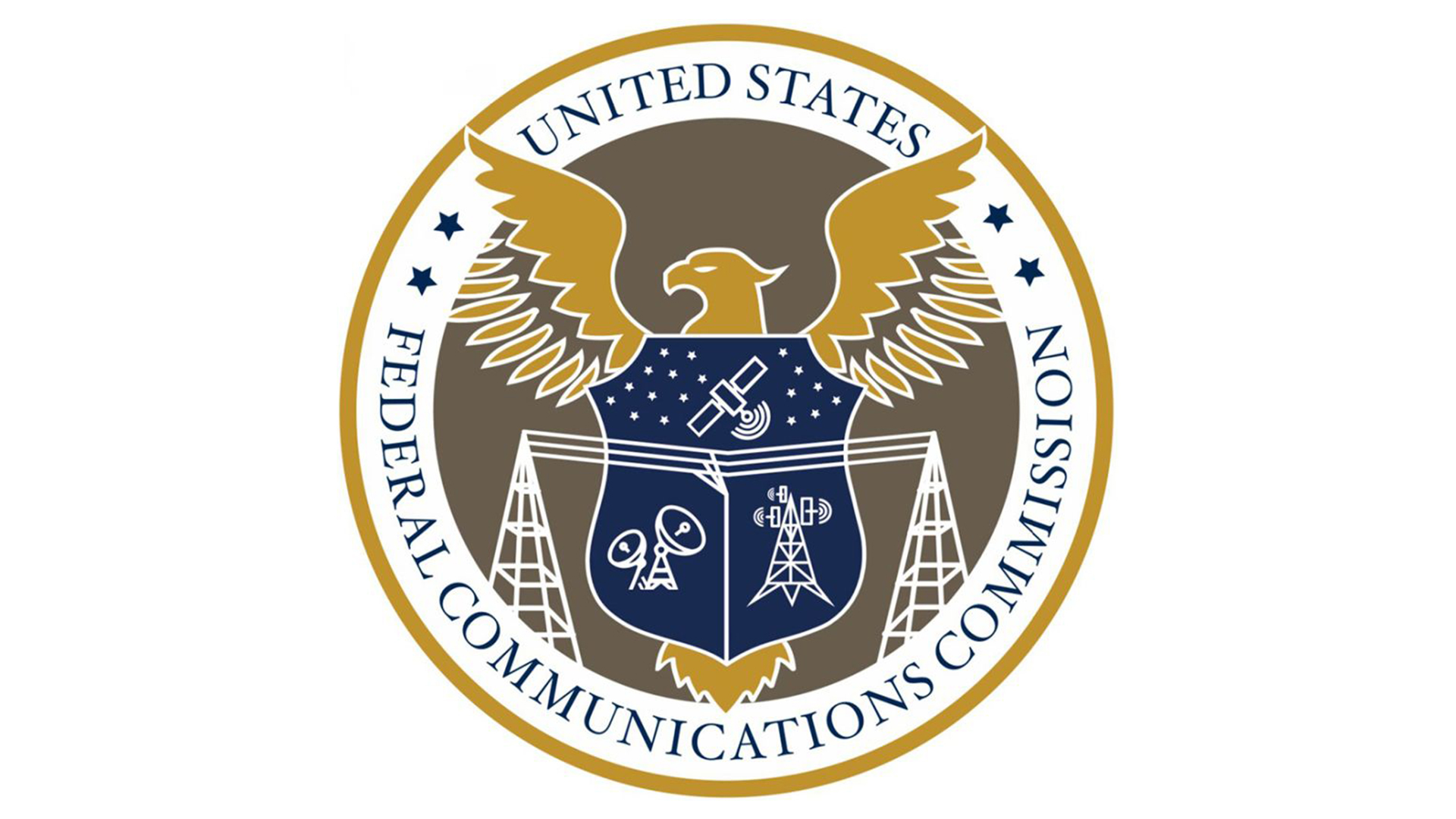State Broadcaster Groups Pan Potential Return of FCC Diversity Reporting Form
Groups in all 50 states call it constitutionally suspect

The smarter way to stay on top of broadcasting and cable industry. Sign up below
You are now subscribed
Your newsletter sign-up was successful
All 50 state broadcasters’ associations say they are all for diversity and inclusion in their industry, but the FCC‘s reinstatement of its Form 345-B diversity reporting requirement is not the way to get it and is, in fact, not even legal or at best on the fringes of legality.
In comments to the Federal Communications Commission, the associations said that they have been leaders of industry efforts to improve outreach and promote nondiscrimination in employment. But they have also stood with the National Association of Broadcasters to “against efforts to reinstitute and enable regulatory practices found by the U.S. Court of Appeals to be unconstitutional,” because the form used “impermissibly pressure[s] broadcasters when making a hiring decision to achieve an FCC-favored outcome.”
In launching the July notice of proposed rulemaking (NPRM), the FCC said that nothing in the court decisions on the agency‘s Equal Employment Opportunity (EEO) data collection — which were based on how the regulator used the data — prevents the FCC from simply collecting the data and making it publicly available.
Broadcasters have argued that releasing the data to the public will pressure them to adopt impermissible race- and gender-based hiring decisions, which the courts ruled out, including by those filing petitions to deny license renewals based on that data.
Back in July, the FCC signaled it was considering restoring the mandate that broadcasters file data on the diversity of their workforces and that the data be available to the public. Democrats in Congress, and at the FCC, have long called for a return to that data collection.
The annual collection of Form 395-B data on workforce composition (race and gender) has been in limbo for two decades. The filing of the form was suspended in 2001 following a U.S. Court of Appeals for the D.C. Circuit ruling vacating part of the FCC's EEO requirements. Even though the FCC in 2004 revised the regulations on filing the form, broadcasters still did not have to file it due to unresolved issues about data confidentiality.
The FCC asked if there were a way to make sure that the employment data was used only for analyzing industry trends and agency reports to Congress.
The smarter way to stay on top of broadcasting and cable industry. Sign up below
The FCC is also pondering making the Form 395-B information anonymous rather than attributable to a particular station, as was the case before the filing was suspended. The state associations and the National Association of Broadcasters have said that if, despite their warnings, the FCC proceeds to collect the info, as a Democratic majority is likely to do once it has its three Democrats installed, it should definitely be on an anonymized basis. That would help guard against the filing of petitions to deny based on the data, they said.
Contributing editor John Eggerton has been an editor and/or writer on media regulation, legislation and policy for over four decades, including covering the FCC, FTC, Congress, the major media trade associations, and the federal courts. In addition to Multichannel News and Broadcasting + Cable, his work has appeared in Radio World, TV Technology, TV Fax, This Week in Consumer Electronics, Variety and the Encyclopedia Britannica.

